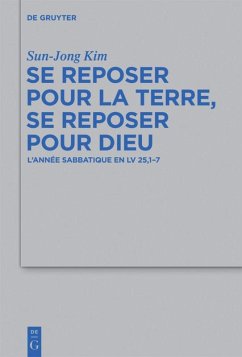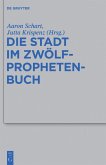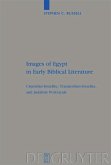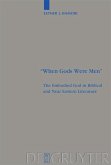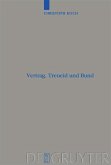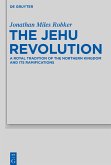The sabbatical year law in Lv 25,1â??7 stipulates the rest of the land and includes foreigners in the list of the beneficiaries, differently from the fallow year law in Ex 23,10â??11 and from the debt-release law in Dt 15,1â??11. These characteristic features originate from the universalism of creation theology of the Holiness Code: the sabbatical year law in Leviticus aims to practice the Godâ??s creation order in Gn 1â??2,4a in human history. Moreover, this law functions as a criterion of the interpretation of the history of Israel; the exilic tragedy in Babylonia has been caused by the negligence of the rest of the Israelâ??s land. The study on the sabbatical year law in Leviticus contributes not only to the research on the compositional history of the Hebrew Bible, but also offers the precious messages on the political, socio-economic, and ecological problems in our times.

